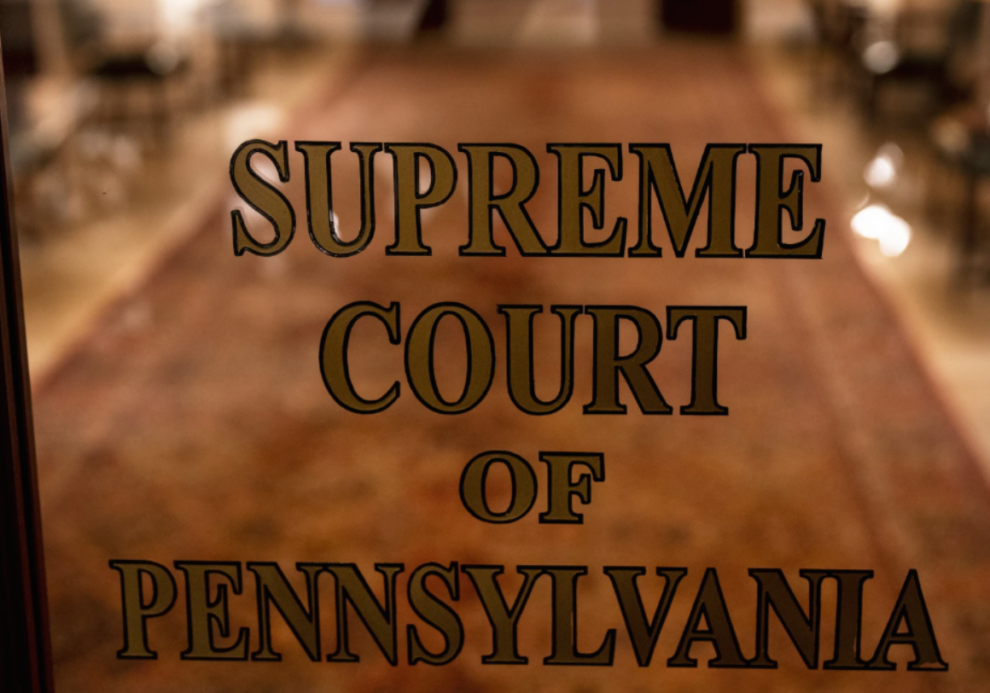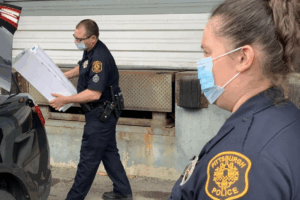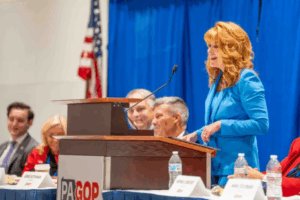Retention elections will determine if three Democratic justices serve another decade on the bench. The election could determine the outcome of state legislative redistricting.
This year, three Democratic justices of the Pennsylvania Supreme Court are up for retention elections.
Justices Christine Donohue, Kevin Dougherty, and David Wecht will face a “yes” or “no” vote to win another 10-year term, putting Democrats’ 5-2 majority at risk.
Judges on the Supreme, Superior, and Commonwealth Courts of Pennsylvania’s statewide appellate courts are elected in statewide elections and serve 10-year terms. They are able to serve unlimited terms but must retire at age 75.
A retention election determines whether a judge will serve successive terms. Voters are asked yes or no to giving a judge another 10-year term. If the voters say no, the governor can appoint a temporary replacement with the approval of the state Senate. An election for a replacement judge is then held in the next odd year.
With three Democratic justices up for retention election this year, a fight to flip the Pennsylvania Supreme Court is expected.
Retention elections almost never result in a justice being forced off the court. However, Republicans in Pennsylvania see an opportunity to increase spending in this area and elect Republican judges to serve.
In a recent memo, the Republican State Leadership Committee highlighted Pennsylvania’s retention elections and noted that those justices would oversee state and federal electoral maps during the next redistricting cycle.
With legislative redistricting at play, the retention elections are drawing the attention of both political parties. Democratic state party officials have begun sending out fundraising emails highlighting the races.
Michelle McFall, the Democratic Party chair in Westmoreland County, said the coming retention races were the dominant subject of discussion at a recent meeting of the state Democratic Party.
If the Democratic judges up for retention election are voted out this year, Republicans would have an opportunity to flip control of the Pennsylvania Supreme Court in 2027 through partisan races.











